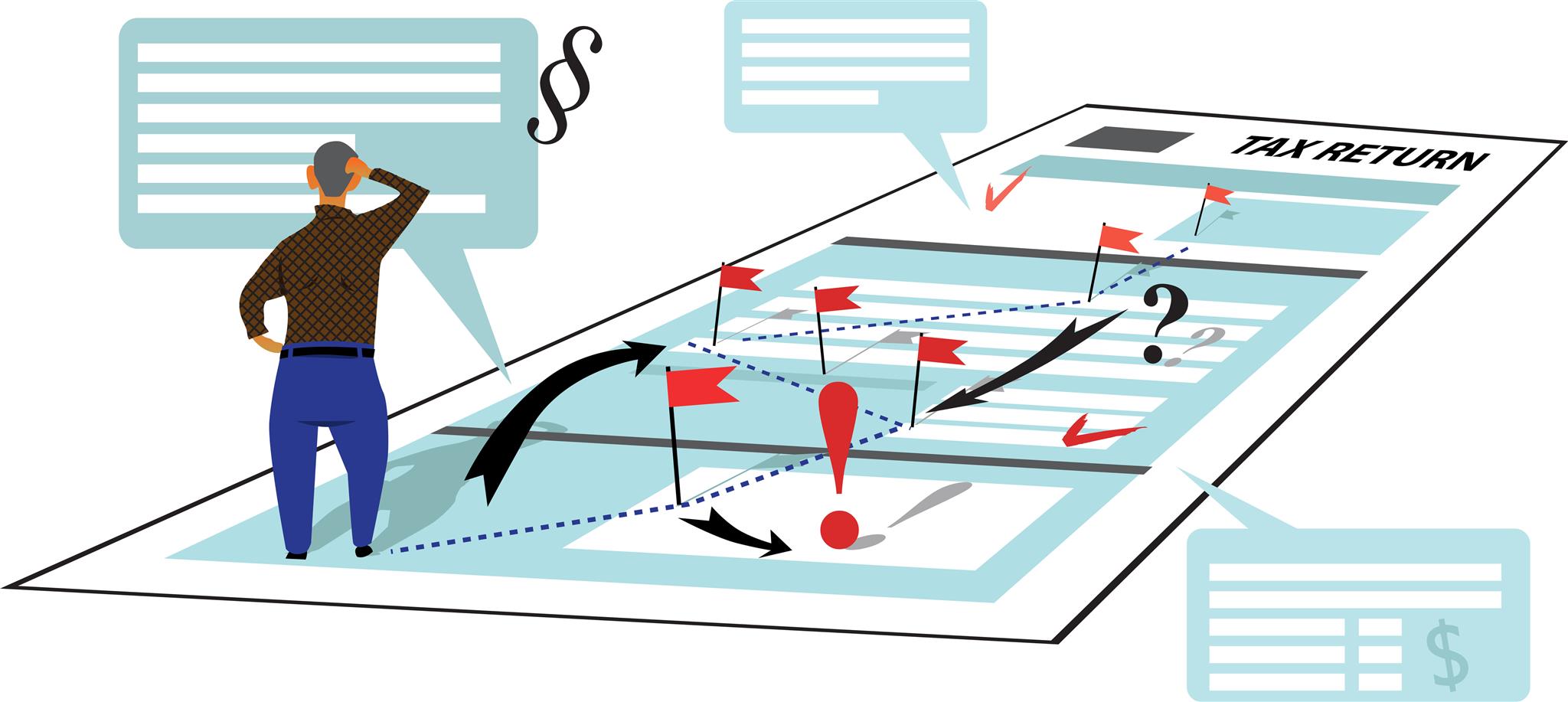
When some taxpayers owe the government but cannot afford to pay, their first instinct is to not file their tax returns. This can lead to serious IRS tax problems when the Internal Revenue Service (IRS) imposes harsh penalties for failing to file taxes. The penalties are usually more severe than those for failing to pay what you owe. In fact, the IRS imposes interest and penalties from the first day you’re late with your filing. In this blog, we are going to look at the common consequences of not filing your taxes or underpaying.
A penalty is inevitable
The IRS charges a penalty of 0.5% of the amount you owe, per month, if you don’t pay your taxes or pay less than what you owe. This fee is charged every month, and can account for up to an additional 25% of your outstanding tax debt. If you don’t respond to an IRS notice of intent to levy, the failure-to-pay penalty rate increases to 1%. This increase occurs 10 days after you get the IRS letter. The penalty is reduced to 0.25% if you set up a payment plan with the IRS. That’s a 50% reduction from the IRS’s usual back-tax penalty rate. If you face such IRS tax problems, it is always recommended that you seek professional assistance from a tax relief attorney.
Must Read: How to Avoid Wage Garnishments
Other consequences
The Automated Collection System (ACS) kicks in after the IRS notices that your taxes are past due. It is then that the CP notices or “computer paragraphs start arriving. The IRS sends out a variety of CP notices, each with a unique number. The first piece of correspondence you receive usually reveals how much you owe and demands payment. For the next two to six months, these warnings will continue to arrive, with each letter becoming more demanding and frightening. If you don’t come up with an appropriate resolution to this IRS problem, the following consequences may occur:
Notice of a Federal Tax Lien
The IRS may establish a lien on your assets if you do not properly respond to the CP notices. A tax lien applies an IRS claim to your property. If you try to sell the affected assets, the IRS has the first claim to the proceeds.
Must read: Tax Lien vs. Tax Levy: Examining the Differences
Tax levy
When the IRS seizes your assets, it is known as a tax levy. This will only happen if you refuse to communicate. The IRS will usually send you a final notice of intent to levy 30 days before taking action. It may take one or more of the following actions, with some being more likely than others.
- Wage Garnishment: A wage levy is another term for wage garnishment. The Internal Revenue Service calls your company and requests a percentage of your pay.
- Asset seizure: The IRS has the authority to seize assets such as automobiles, homes, yachts, and other valuables.
- Bank levy: A bank levy occurs when the IRS contacts your bank asking it to instantly freeze your account, preventing you from withdrawing any funds.
Conclusion
If you know or suspect that you have IRS tax problems, it is imperative to seek help from experienced Dallas tax attorneys to get your mind back at ease. An experienced tax lawyer in Dallas-Fort Worth can offer you the right guidance and representation to deal with a variety of IRS tax problems. If you are looking for help with IRS tax problems, The Law Offices of Nick Nemeth has got you covered. To discuss your IRS tax problems and hear how we can help, call (972) 426-2553 or fill out our contact form.


